How to sprout chickpeas (or any bean or legume!) – an easy photo tutorial for making sprouted garbanzo beans or any type of bean, grain, or legume at home.
My favorite part about spring is seeing the sleeping plants and animals wake up and come to life. Here in It’s-Never-Winter-in-California/Nevada (at least not this year), we have small buds popping out of the ground already.
In honor of spring and all that has sprung as well as all that has yet to be sprung, we’re going to do some sprouting!
Why Sprout Chickpeas?
Sprouting chickpeas, (or any bean, grain, seed, and/or nut) is a fabulous idea. Legumes and grains have anti-nutrients inside of them which help protect them in nature but also make them difficult to digest. The process of sprouting neutralizes the anti-nutrients and also unleashes Vitamins and minerals that are trapped inside of the food.
Sprouting can be done in the comfort of your own home any time of year. Those who eat a raw food diet tend to be big on sprouted grains and typically have batches of various grains, nuts, seeds, and legumes sprouting at any given time.
Is it Difficult to Sprout Chickpeas?
It’s incredibly easy to sprout a whole food, there are a myriad of uses for them, and it’s fun to see the little guys come to life.
Dying to sprout something? Let’s do this! The process I have described below is the same exact process you will use to sprout other legumes, grains, seeds, and nuts.
The time it take sprout something from start to finish is dependent slightly upon the type of food you are sprouting, but mostly on the temperature of your home. You’ll become a sprouting fool before you know it! Do note: you can sprout at home any time of year.
How to Sprout Chickpeas:
Rinse your dry, uncooked chickpeas (garbanzo beans) under lukewarm water. Pour them into a large glass jar and cover with 2 to 3 inches of water. Cover the jar with cheesecloth bound by a rubber band.
Allow the chickpeas to soak for 24 hours in a dark spot (a cupboard or closet works perfectly). Strain the water and rinse the beans well.
Rinse the glass jar out well and place the chickpeas back in the jar, making sure the chickpeas are moist, but not overly drenched. Be sure they are not submerged in water, or else they won’t sprout. Cover the jar again with cheesecloth bound by a rubber band and lay the jar on its side in a dark spot.
Rinse and drain the chickpeas 2 times each day, placing them back in the jar, until they sprout. This usually takes 2 to 3 days, but the warmer your house is, the quicker the beans will sprout.
If you’d like to make seedlings for growing in your garden, allow the grains to sprout for a few more days until small green leaves emerge.
Once your beans have sprouted, you can add them to all sorts of culinary creations.
What to Do With Sprouted Chickpeas:
You can add any type of sprouted beans and legumes to any salad (both green and grain salads), Buddha bowl, or even soups. Use sprouted chickpeas in my Curried Lentil Chickpea and Kale Salad for instance. Add them to my Eggplant, Chickpea, and Chard Shakshuka. Try my Hummus Mashed Chickpea Sandwiches for a delicious healthful lunch.
If you want to get wild and crazy, bake Peanut Butter Chocolate Chip Chickpea Blondies. Have a green thumb? Plant them in your garden to grow. Grind sprouted chickpeas into flour for baking sprouted grain bread.
Can I Sprout Other Beans or Grains?:
Yes, absolutely! The process is the same for all grains, legumes and beans. Just be aware that depending on the temperature of your home and the type of bean, legume or grain you are using, the amount of time it takes for sprouting can vary (typically between 2 and 5 days).
Helpful Tools for Sprouting:
If you’re interested in learning how to sprout grains, hop over to Oh My Veggies and check out my How to Sprout Grains tutorial!
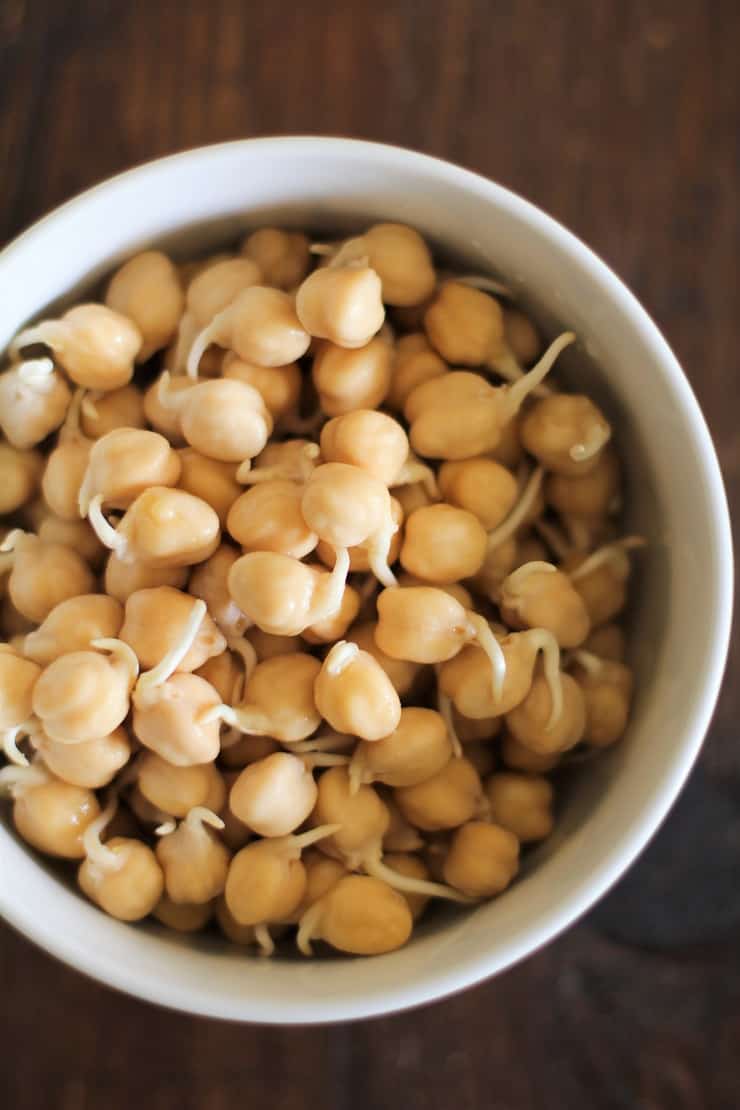
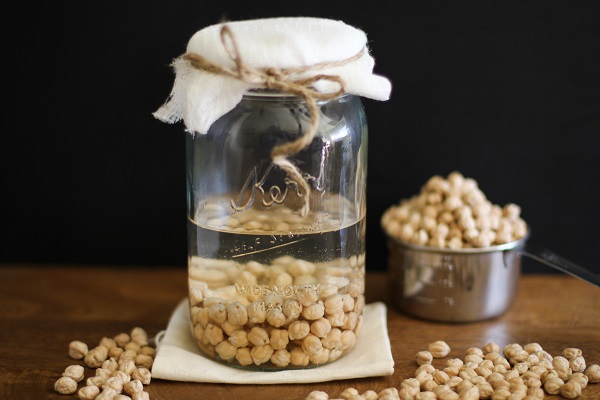
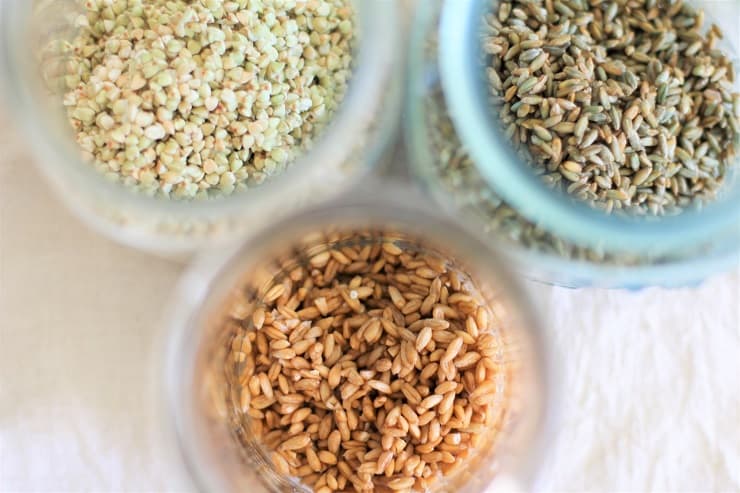
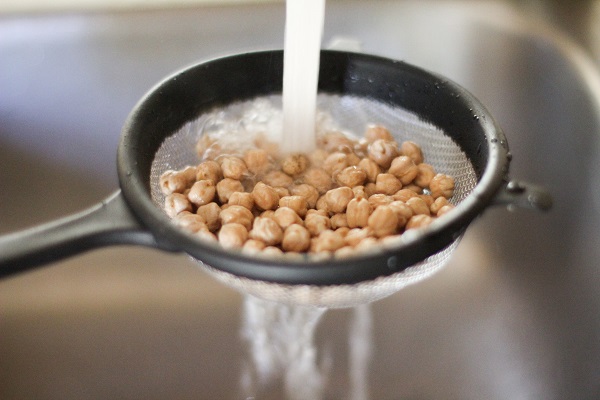
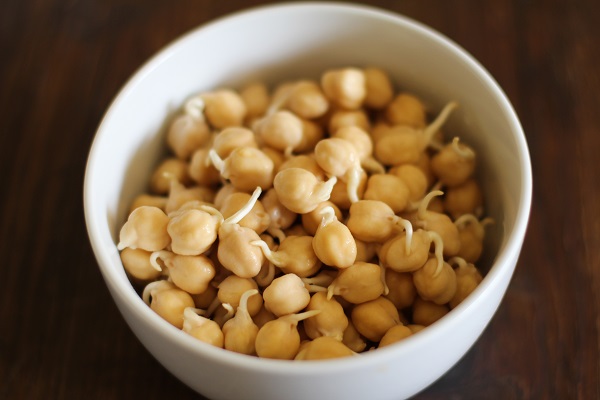
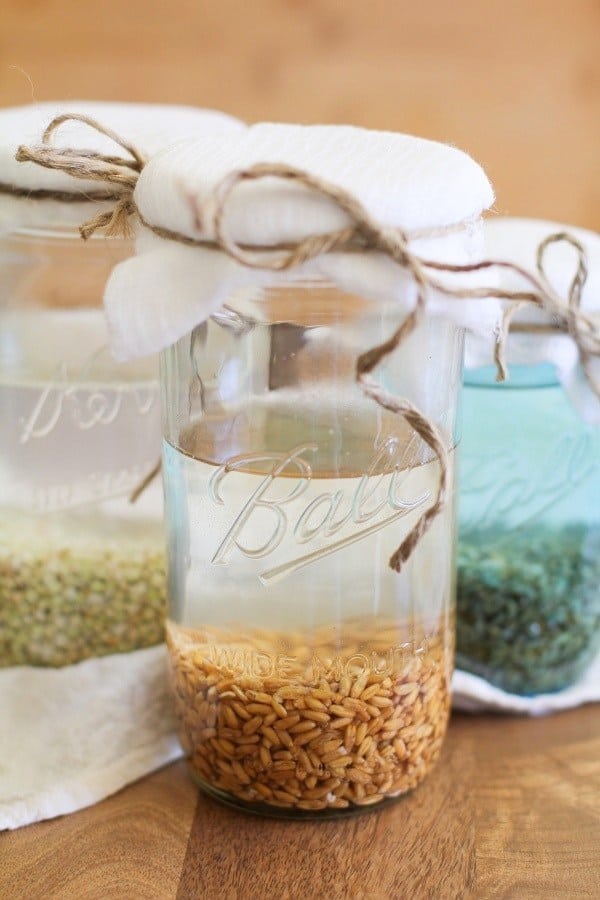
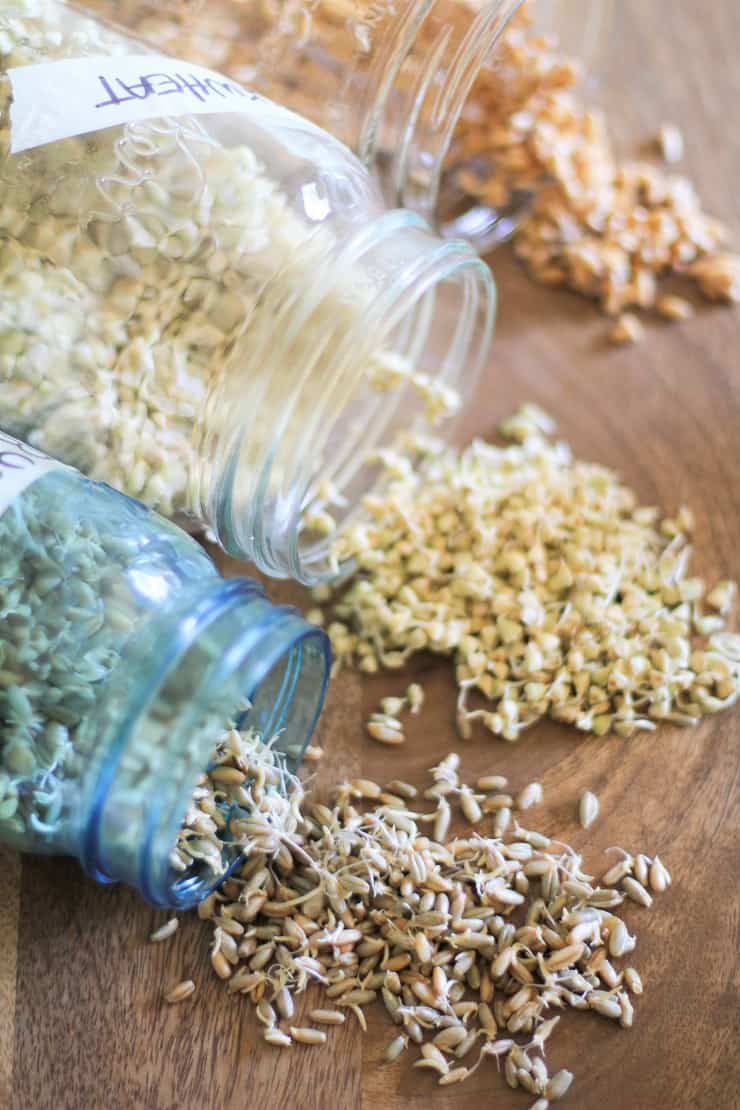
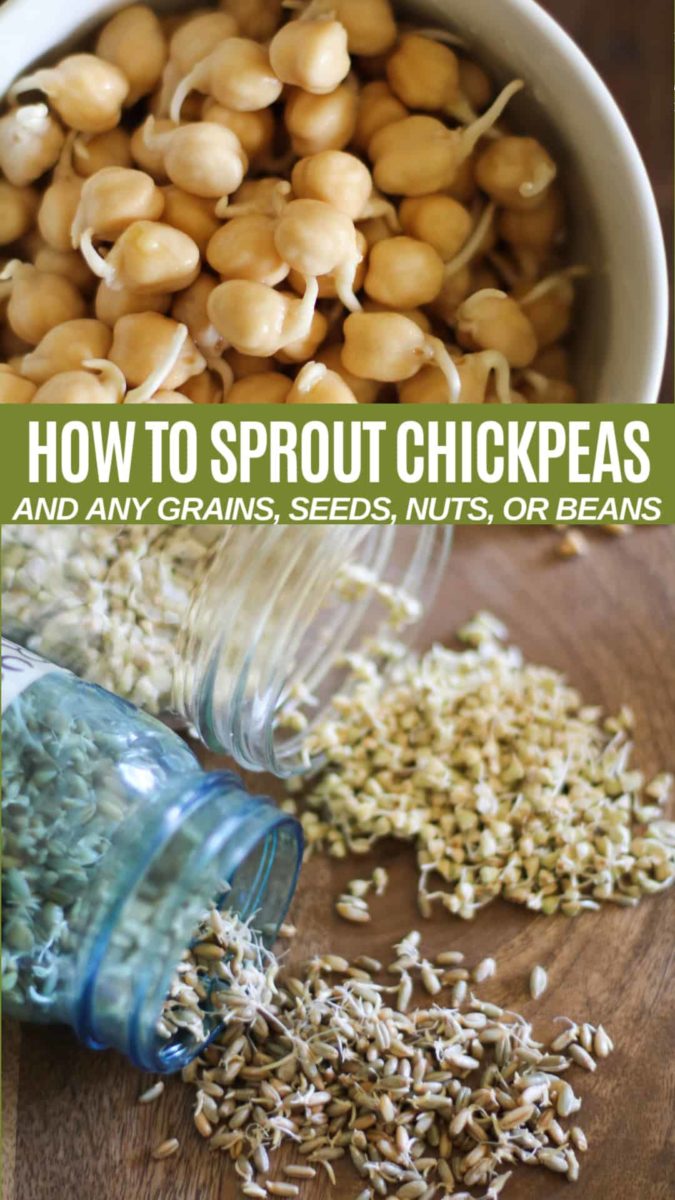

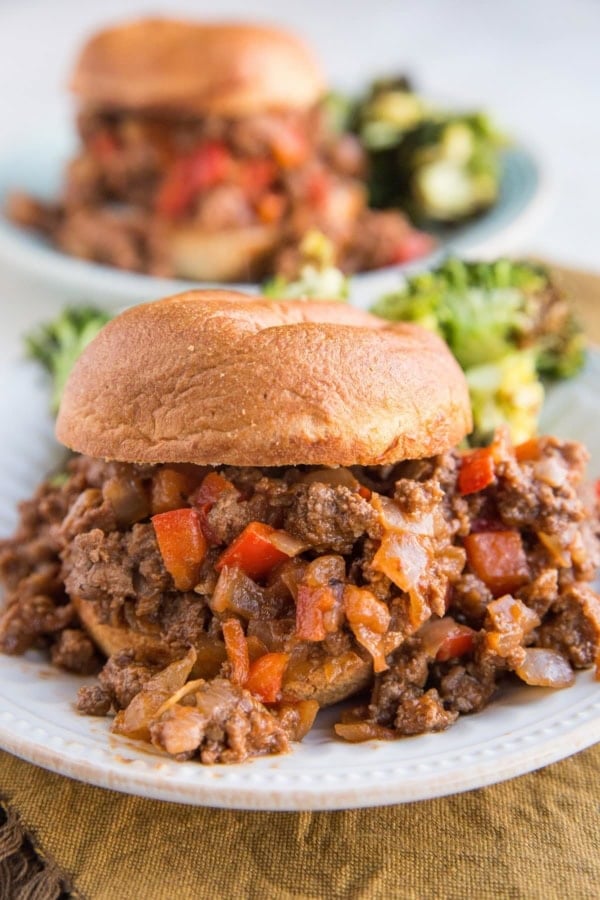
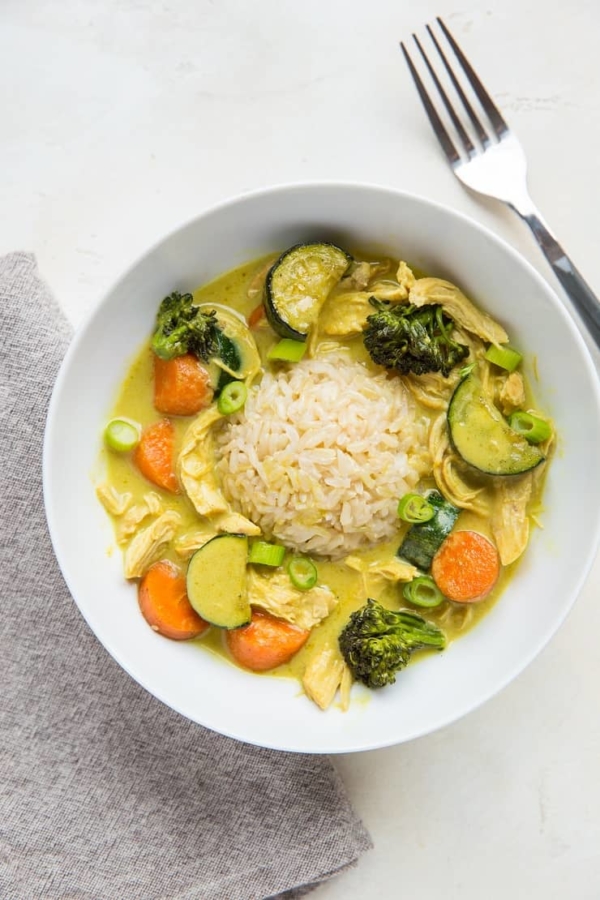
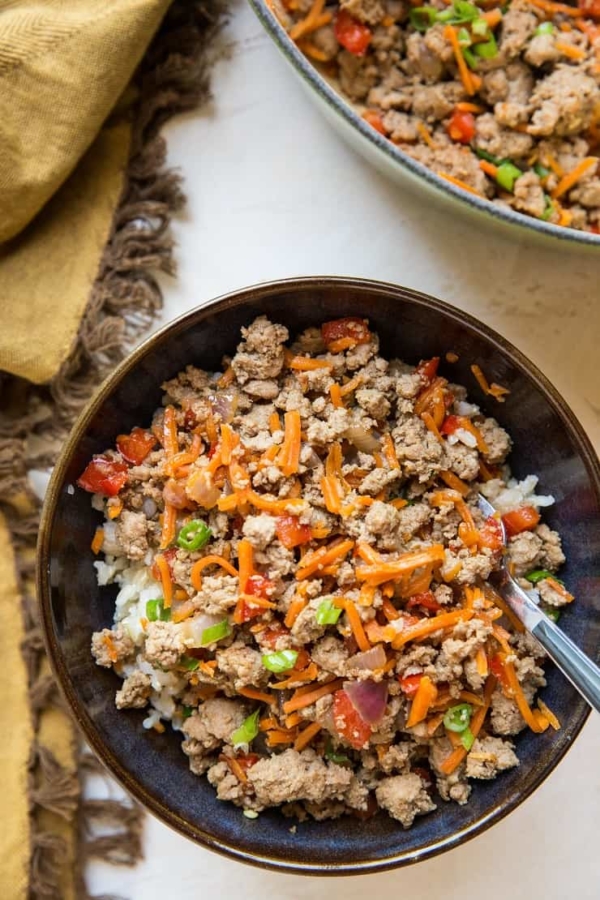
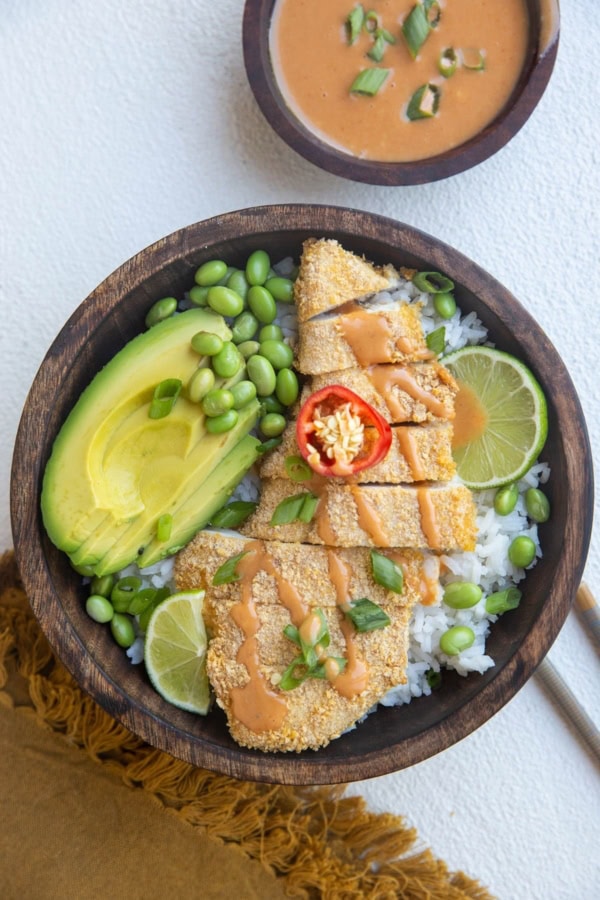









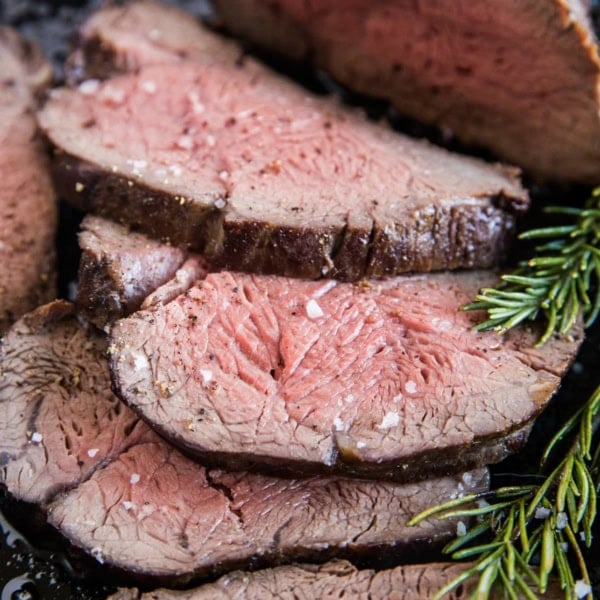
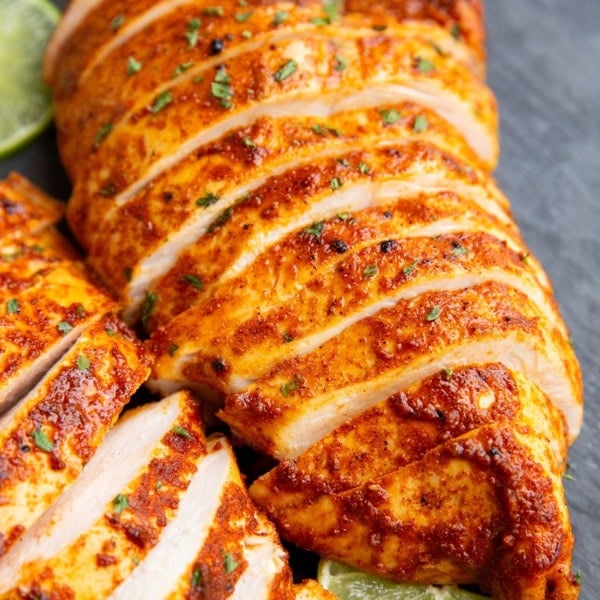
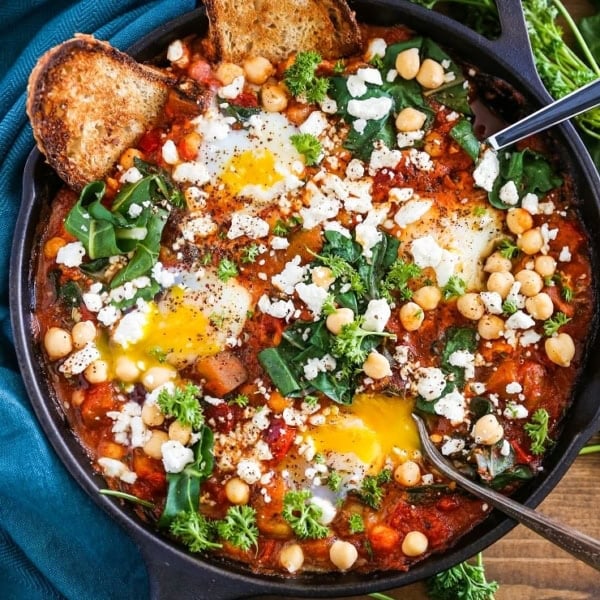
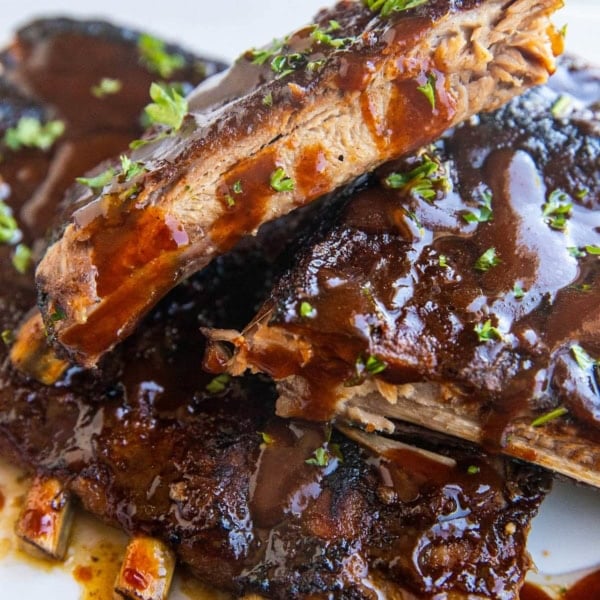
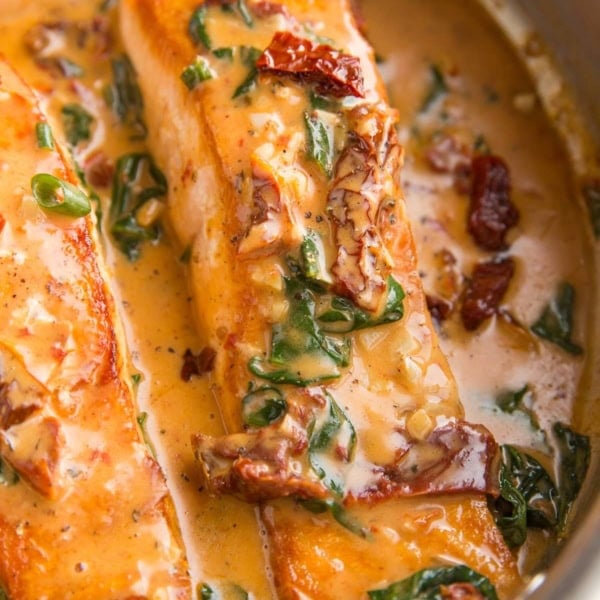
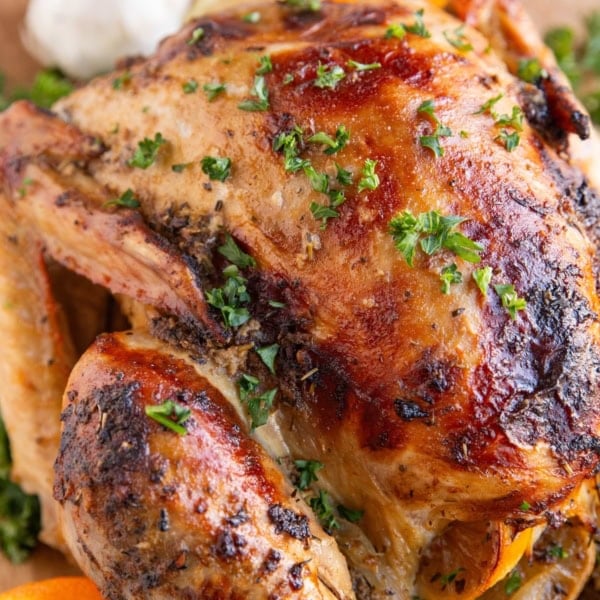
The jar had a bad smell coming from it. It looked that the seeds were about to sprout, but I was unsure about eating them because of the smell.
Hi Melissa! There is definitely a smell associated with sprouting, but it shouldn’t smell bad. It should smell somewhat yeasty, kind of like activating yeast to bake bread. If the smell is foul then the batch is rotten and should be tossed out. Hope this helps! xo
Hi I have a few questions- I soaked and then sprouted my chick peas in broad daylight. Is that ok? I didn’t know they should be kept in a dark place until I read this article.
Also, how long do the sprouts get? I’m not sure when they’re ready to be cooked. And do the sprouts turn green?
Thanks!
Hi Helen! If the chickpeas ended up sprouting, I’d say daylight is totally fine!
Are the canned chickpeas already cooked? Asking as I want to add them to feed for chickens but am not sure if they are already cooked or not?
Sprouted chickpeas aren’t cooked unless you cook them. You start with dried chickpeas, sprout them, then you can either consume them raw or you can cook them. Sounds like you’d want to cook them if feeding them to chickens 🙂
Great post relaying clearly the benefits without a lot of mumbo jumbo. Just the facts ladies and gentlemen!
One article I came across though related to autoimmune or other gut issues was the recommendation to only used cooked sprouted beans to be on the safe side. I suffer with HIT and MCAS and was wondering if you also recommend only using cooked sprouted beans for those of us with sensitive health issues.
How would you make flour? Do you dry the chickpeas before grinding them? How long do you let sprout before grinding?
Hi Duane,
I’ve never tried making flour using sprouted chickpeas, but if I were to try it, that’s precisely what I would do. If you have a food dehydrator, it would be worth putting that to use prior to grinding too 🙂
Very interesting, looking forward to starting sprouting just need to get some cheesecloth
Hope you enjoy, Yvonne! xo
Do the chickpeas need cooking before you put them in salad?
Hi Rachael, sprouted chickpeas are safe to eat raw, but I would personally cook them just to be sure 😀
My sprouts are not all at the same stage. Some were an inch long while others hadn’t sprouted at all and some were in between. I spent a long time sorting them out tonight and rinsing them a ton because they were so slimy and smelly. I put the fully sprouted ones in containers in the freezer to cook later.
I have been rinsing thoroughly twice a day and keeping them in the dark. I’m afraid I won’t have the time and energy to do this in the future unless I find a better way. Have you ever run into this problem?
Hi Wendy,
I haven’t come across that issue. Are you laying the jar of chickpeas on its side so that they have near equal air exposure?
@Julia, hi can you sprout chick peas like mung beans till they get 4-6 inches long ?
Hi Wendy,
I haven’t tried sprouting them for that long, so I can’t be sure. Based on my experience, I think they would probably tap out around 1 inch, but not positive. 😀 xoxo
I always rinse legumes for 20 mins in a 10% chlorine bleach mixture before sprouting, to eliminate risk of contaminants like E Coli. Doesn’t affect the flavor of the sprouts three days later.
Does anyone know if you can sprout beans that come in a can or box?
As they are already kinda soaked is there any change to the usual sprouting steps?
Shar
Hi Shar,
Unfortunately, you’d need to start with dry peas or beans, as canned ones have already been cooked. The cooking process kills the plant’s ability to sprout 😉